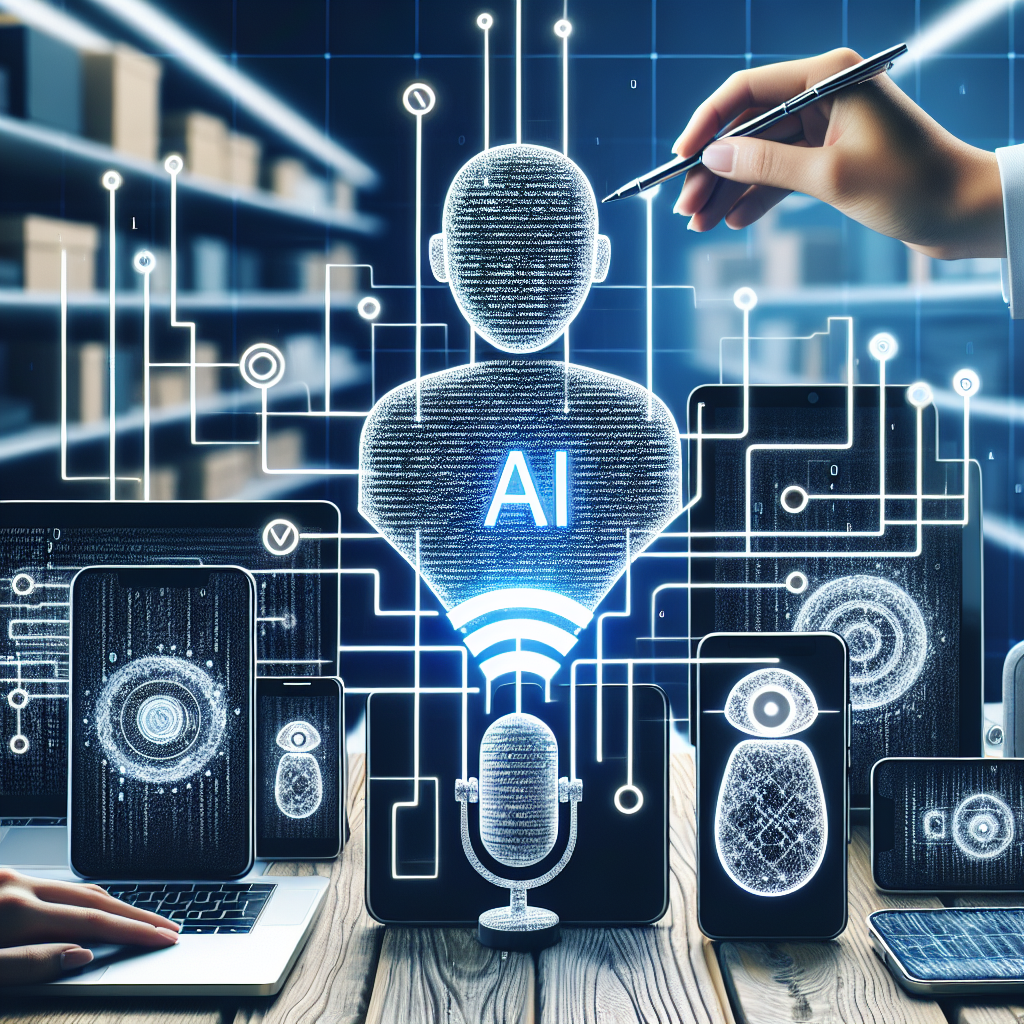The Rise of AI Virtual Assistants in Customer Service
In recent years, the use of artificial intelligence (AI) virtual assistants in customer service has been on the rise. These AI-powered tools are revolutionizing the way businesses interact with their customers, providing faster, more efficient, and personalized service. From answering basic questions to handling complex issues, AI virtual assistants are becoming an essential part of the customer service experience.
What is an AI Virtual Assistant?
An AI virtual assistant is a software program that uses artificial intelligence to interact with customers in a natural language conversation. These virtual assistants can be integrated into various communication channels, such as websites, mobile apps, and social media platforms, to provide automated customer support. They can handle a wide range of tasks, including answering frequently asked questions, troubleshooting technical issues, and processing orders.
One of the key advantages of AI virtual assistants is their ability to learn and improve over time. By analyzing customer interactions and feedback, these tools can continuously enhance their performance and provide more accurate and relevant responses. This not only improves the overall customer experience but also helps businesses save time and resources by automating repetitive tasks.
How AI Virtual Assistants are Transforming Customer Service
AI virtual assistants are transforming customer service in a number of ways. Here are some of the key benefits they provide:
1. 24/7 Availability: AI virtual assistants can provide round-the-clock customer support, ensuring that customers can get assistance whenever they need it. This helps businesses improve customer satisfaction and loyalty by providing a seamless and convenient service experience.
2. Faster Response Times: AI virtual assistants can respond to customer inquiries instantly, eliminating the need for customers to wait in long queues or be put on hold. This not only saves time for customers but also reduces the workload for human customer service agents, allowing them to focus on more complex issues.
3. Personalized Service: AI virtual assistants can analyze customer data and preferences to provide personalized recommendations and solutions. By understanding each customer’s unique needs and preferences, these tools can deliver a tailored service experience that enhances customer satisfaction and loyalty.
4. Scalability: AI virtual assistants can handle a large volume of customer inquiries simultaneously, making them a cost-effective solution for businesses with high customer traffic. This scalability allows businesses to provide consistent and efficient customer support without the need to hire additional staff.
5. Improved Efficiency: AI virtual assistants can automate repetitive tasks and processes, such as order processing and account management, freeing up human customer service agents to focus on more strategic and complex issues. This improves overall efficiency and productivity within the customer service department.
FAQs about AI Virtual Assistants in Customer Service
Q: How do AI virtual assistants work?
A: AI virtual assistants use natural language processing (NLP) and machine learning algorithms to understand and respond to customer inquiries. They analyze customer input, such as text or voice commands, and provide relevant and accurate responses based on predefined rules and training data.
Q: Are AI virtual assistants replacing human customer service agents?
A: While AI virtual assistants can automate many customer service tasks, they are not intended to replace human agents entirely. Instead, they complement human agents by handling routine inquiries and tasks, allowing human agents to focus on more complex and strategic issues that require human intervention.
Q: Can AI virtual assistants understand different languages and accents?
A: Yes, AI virtual assistants are capable of understanding and responding to customers in multiple languages and accents. They use advanced language processing technologies to analyze and interpret customer input, ensuring accurate and relevant responses regardless of language or accent differences.
Q: How secure is customer data when using AI virtual assistants?
A: Businesses that implement AI virtual assistants must ensure that they comply with data protection regulations and industry standards to safeguard customer data. AI virtual assistants should be designed with robust security measures, such as encryption and access controls, to protect sensitive customer information from unauthorized access or misuse.
Q: How can businesses measure the effectiveness of AI virtual assistants in customer service?
A: Businesses can measure the effectiveness of AI virtual assistants by analyzing key performance indicators (KPIs) such as response times, customer satisfaction ratings, and resolution rates. These metrics can help businesses evaluate the impact of AI virtual assistants on customer service quality and identify areas for improvement.
In conclusion, the rise of AI virtual assistants in customer service is transforming the way businesses interact with their customers. These AI-powered tools provide faster, more efficient, and personalized service, helping businesses improve customer satisfaction and loyalty. By leveraging the capabilities of AI virtual assistants, businesses can enhance their customer service experience and stay ahead of the competition in today’s digital age.

